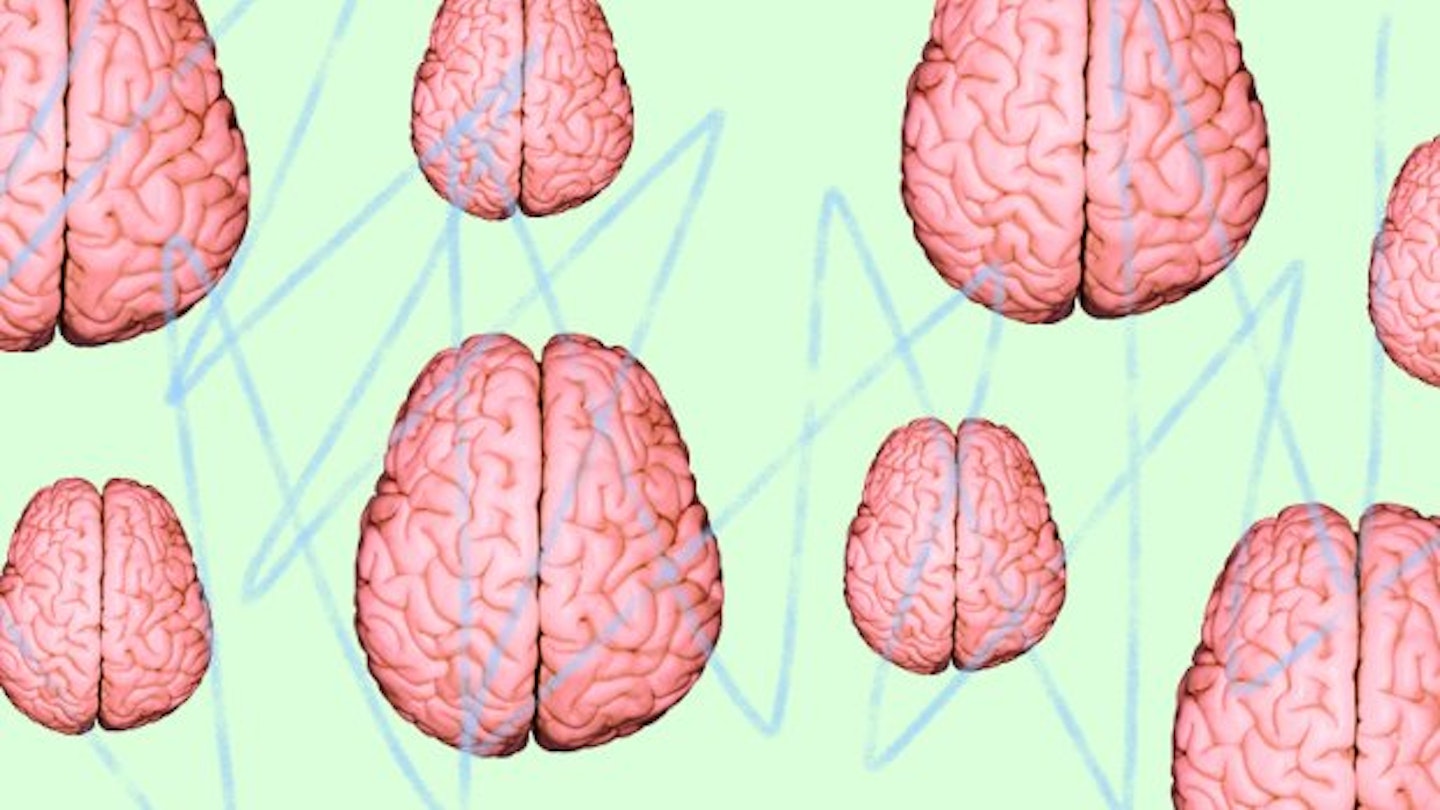While eating disorders affect over 1.6 million people in the UK, scientists formerly believed that binge-eating for people that suffered with bulimia was a cause of stress … until now.
In the first study to look at the brain reactions of people who suffer with bulimia nervosa, researchers in the US now believe that binge-eating for bulimic women is actually an escape from stress and negative thoughts about themselves.
Over 40% of people suffering with an eating disorder are bulimic. It is both an eating disorder and a mental health condition that causes people to try to control their weight by binge-eating and then purging the food from their body by either vomiting or taking laxatives.The research by the American Psychological Association consisted of scanning the brains of 20 women - half of the participants suffered with bulimia, and the other half didn’t. They were fed high-sugar or high-fat food and afterwards, each participant was each given a math problem to solve, which were specifically designed to cause stress. They were then shown different photographs of sugary foods and tested their stress levels with an MRI scan.
The results found that people with bulimia reacted differently to people without. The new research found that people with the disorder have a lower blood flow to a part of their brain, the precuneus, that is associated with self-reflection and stress. The participants who weren't affected by bulimia were found to have a higher blood flow in this area of the brain, causing them to become more stressed than those without bulimia.
This could mean that for women with bulimia, thinking about food might be used to actually avoid stress and thinking critically about themselves.
Beat, the UK’s eating disorder charity says that anybody who thinks they, or somebody they know might have bulimia should contact their GP.
Beat Adult Helpline: 0808 801 0677
Beat Youth Helpline: 0808 801 0711
**Like this? You might also be interested in…
**
Study Says Women Take Selfies From Above To Appear Less ‘Powerful.’
Half Of Women Who Have Had Abortions Last Year Were Using Contraception
Follow Chloe on Instagram @chloemaysweet
This article originally appeared on The Debrief.
